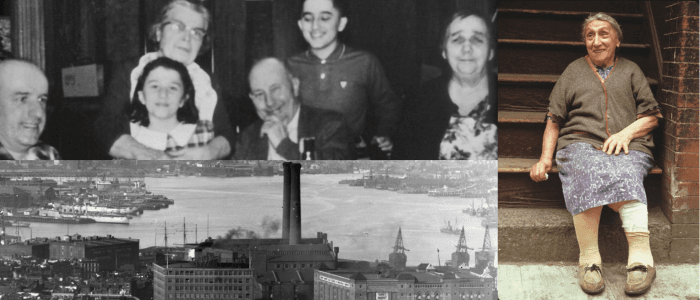Italian Influence on Boston's Culture, Economy & Politics

MHS Event
Lawrence DiCara, civic leader
James Pasto, historian
This is a hybrid event. FREE for MHS Members. $10 per person fee (in person). No charge for virtual attendees or Card to Culture participants (EBT, WIC, and ConnectorCare). The in-person reception starts at 5:30 and the program will begin at 6:00.
Though late-19th century Italian immigrants to Boston faced discrimination and language barriers, they found opportunities; built churches, clubs, and support networks; and created flourishing cultural, economic, and political communities. Join civic leader Lawrence DiCara and historian James Pasto as they reflect on the impact of the Italian community on Boston. Drawing on history and memory, our speakers will consider the challenges and opportunities for immigrants in the past; reflect on the contributions Italians have made to the culture, politics, and economy of Boston; and debunk common myths.
Hybrid Event
The in-person reception starts at 5:30 PM and the program will begin at 6:00 PM. If you have questions about the in-person event, please contact Olivia Sayah at 617-646-0580 or osayah@masshist.org.
Masks are optional for this event.
The virtual program begins at 6:00 PM and will be hosted on the meeting platform Zoom. Registrants will receive a confirmation message with attendance information.
